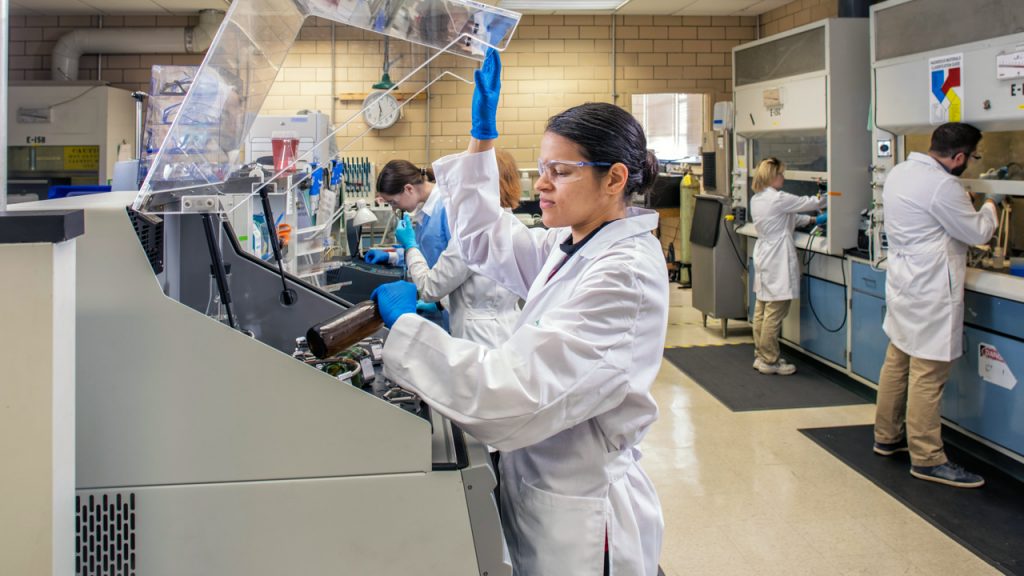Unsafe products exact high price on consumers
A 10 percent increase in food prices will trigger a five percent decrease in the incomes of the poorest families, equivalent to their health expenditure, a United Nations Commission on Trade and Development (Unctad) has shown.
This, the report notes, that as consumers try to reduce their spending, they will pay a high price if they buy unsafe products.

Said Unctad secretary general Rebeca Grynspan in a published statement on Unctad website: “Governments must strive to continue and succeed in their long-term mission of protecting their consumers, a mission of renewed relevance today.”
The UN body observes that while more developed countries have put in place product safety frameworks, including laws, enforcement institutions, recall mechanisms and communication campaigns, developing countries with weaker systems are less able to tackle unsafe products.
“International cooperation is therefore needed to improve product safety for all consumers,” said UN in the statement.
In 2020 Unctad adopted its first recommendation on product safety. It aims to curb the flow of unsafe products being traded internationally, by strengthening ties among consumer product safety authorities and sensitizing businesses and consumers.
It points to the urgent need to eradicate unsafe and hazardous products being traded and manufactured.
According to Unctad World Consumer Protection Map, 60 percent of countries lack experience in cross-border enforcement of consumer protection.
When it happens, it’s mainly among developed countries.
Said Common Market for East and Central Africa Competition Commission chief executive officer Willard Mwemba: “Most countries in Africa do not have the capacity or experience to deal with the distribution of unsafe products but regional efforts can build those capacities and benefit all participating countries.”





